Palais du Louvre
Palais du Louvre
© Bibliothèque Nationale de France (BnF)
FRA
à proximité de Paris
Télécharge images...
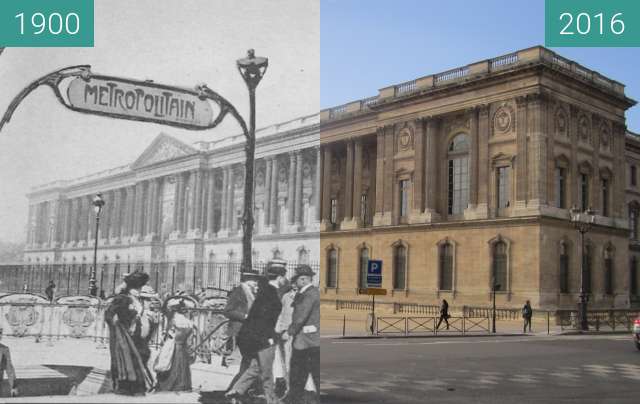
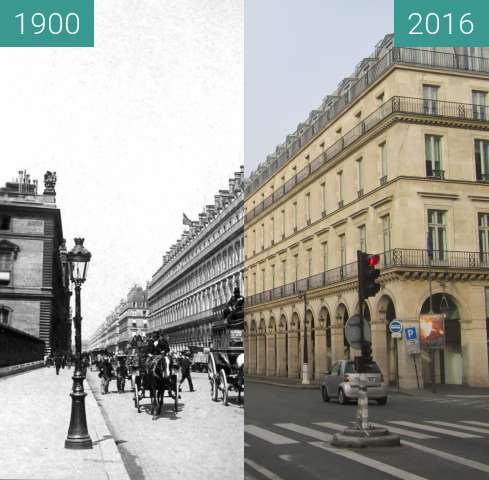
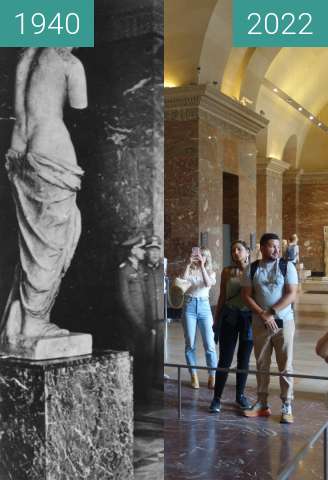
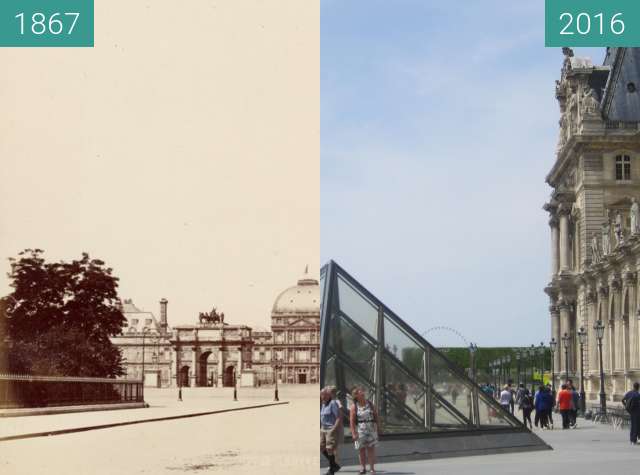
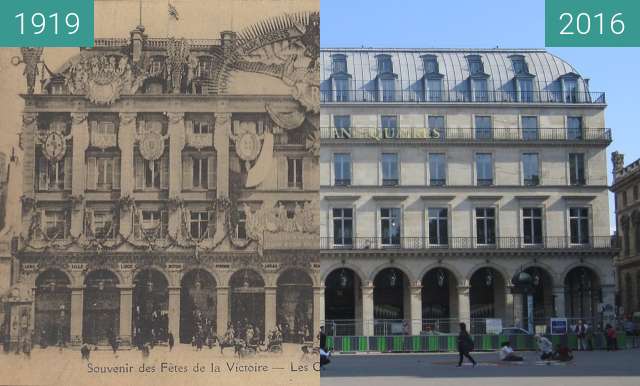
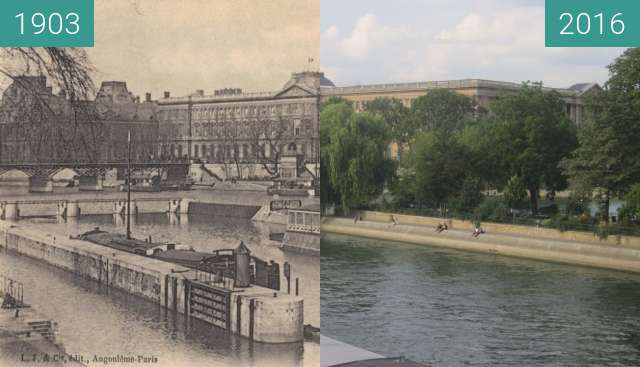
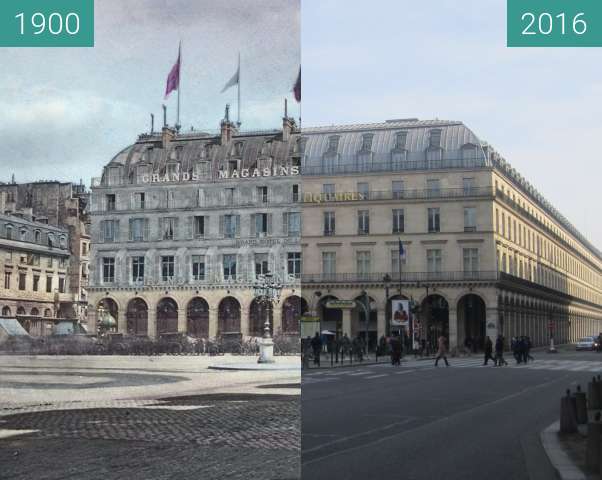
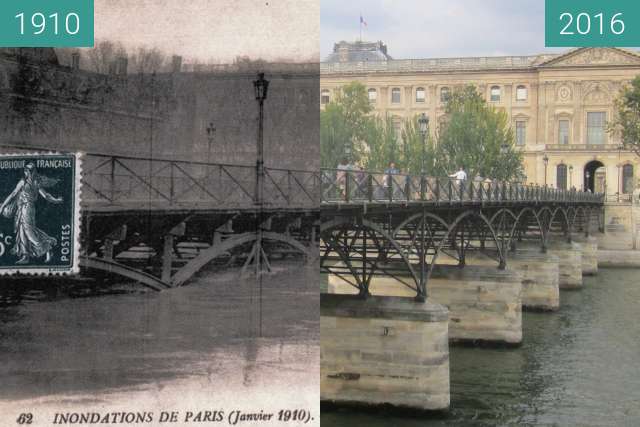
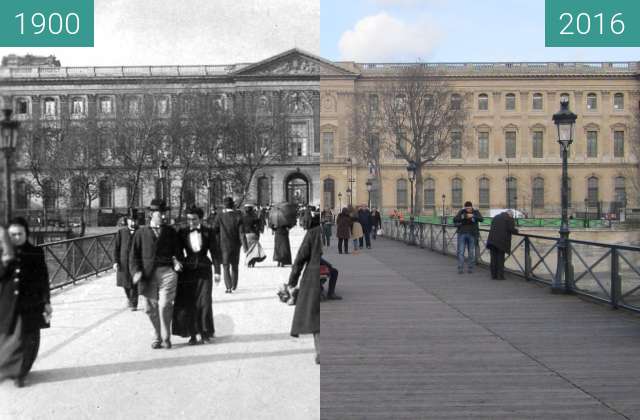
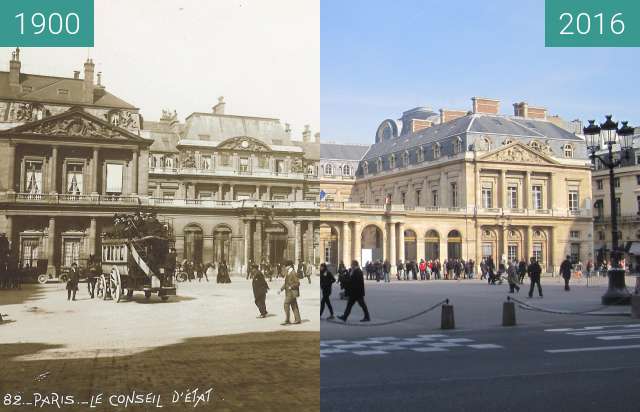
The Courtyard of the Louvre (called "Cour Napoleon") in 1921. Where today the place is dominated by a large glass pyramid, surrounded by smaller pyramids, rose between trees and green spaces a statue in honor of General Lafayette, a general famous for his participation in the American Revolutionary War on side of the colonists and his role in the French Revolution.
The statue was commissioned by the American Robert Thompson and offered to France in gratitude for the Statue of Liberty.
In 1983, under the French President Francois Mitterand, the radical redesign of the glass pyramid was worked out by the famous Chinese-American architect Ieoh Ming Pei. The statue had to give way and was moved in 1985 to the Seine in the 8th arrondissement. Despite fierce protests, the pyramid was inaugurated in 1989. Since then it has strongly influenced the image of the Louvre, and few might remember the previous state.
La cour du Louvre (appelée "Cour Napoléon") en 1921. Aujourd'hui dominée par une grande pyramide de verre entourée de pyramides plus petites, se dressait entre les arbres et les espaces verts une statue en l'honneur du général Lafayette, célèbre sa participation à la guerre d'indépendance américaine aux côtés des colons et son rôle dans la Révolution française.
La statue a été commandée par l’Américain Robert Thompson et offerte à la France en reconnaissance de la Statue de la Liberté.
En 1983, sous le président français François Mitterand, le célèbre architecte américano-chinois Ieoh Ming Pei a procédé à la refonte radicale de la pyramide de verre. La statue a dû céder et a été déplacée en 1985 sur la Seine dans le 8ème arrondissement. Malgré des protestations féroces, la pyramide a été inaugurée en 1989. Depuis lors, elle a fortement influencé l'image du Louvre, et peu de personnes se souviennent de l'état antérieur.